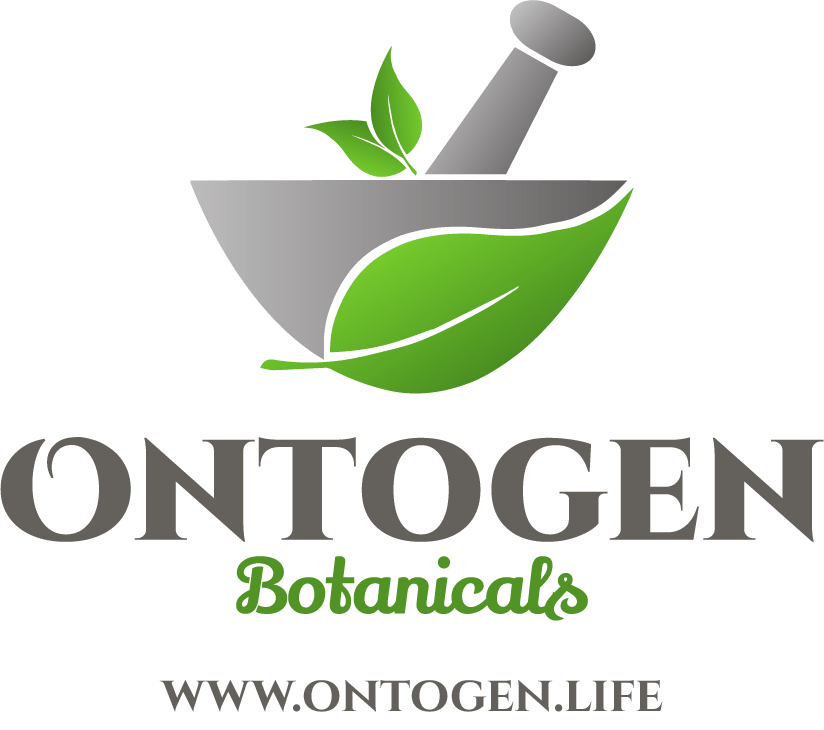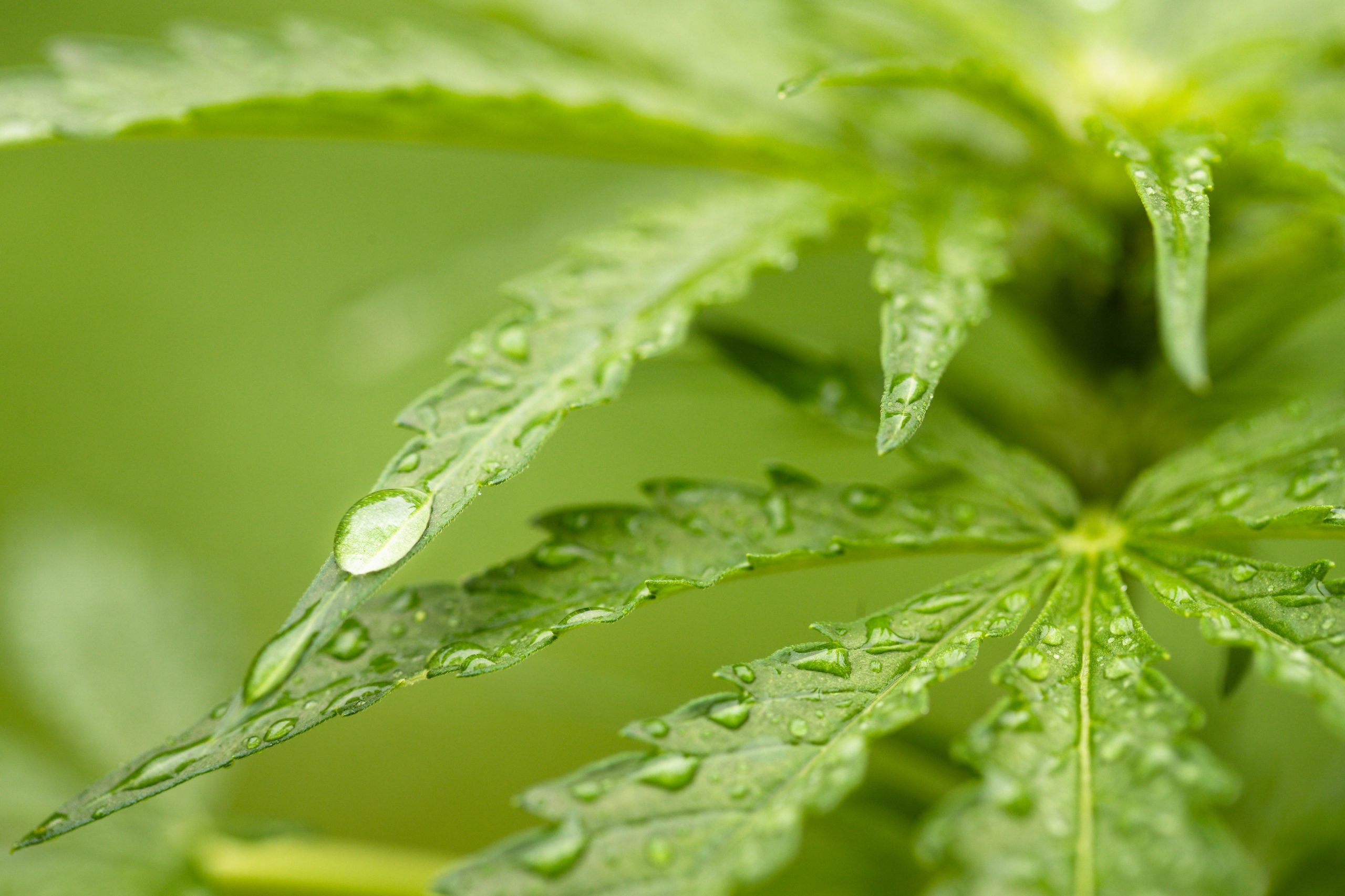CBD FAQ - Frequently Asked Questions
Want to know more about CBD FAQ? It’s only natural to have questions about adding a new method of healing into your wellness routines. To help educate you, we’re answering the commonly asked questions about hemp and CBD.
What is CBD?
CBD is short for cannabidiol, which is a chemical compound or cannabinoid produced naturally by the Cannabis sativa plant. Through research, it’s been found that CBD and other cannabinoids (like THC, CBG, CBC, etc.) interact with the human endocannabinoid system to produce a variety of effects. That’s right, your body has an entire system called the Endocannabinoid System that makes and uses cannabinoids! You have receptor sites for cannabinoids from head to toe and fingertip to fingertip which are used for a variety of things. Pick a journal article that interests you and read more!
What does CBD do?
When you consume CBD internally, the compound interacts with and influences the endocannabinoid system, also known as the ECS. The ECS is made up of a network of receptors, or neurotransmitters, that send messages to and from other physiological systems to maintain ‘homeostasis’. Homeostasis being, the scientific term given to optimally balanced health, or feeling ‘well’. Depending on the unique structure of each cannabinoid, the cannabinoids can inhibit, influence, activate, or interact with these internal receptors, allowing their effects to be felt.
Why is whole flower or full spectrum CBD better than 100% CBD, also known as isolate?
The cannabis plant produces over 400 different phytocannabinoids in addition to terpenes and flavonoids. These compounds have a synergistic relationship where, together, they amplify one another’s effects. This phenomenon is scientifically classified as an ‘entourage effect’. So, when consuming full-spectrum whole-plant extracts, the effects are often more intense or profound versus consuming a single cannabinoid, like CBD isolate on its own.
Will CBD make me feel high?
CBD itself is often described as non-psychoactive as it doesn’t have the capability of producing a ‘high’ like psychoactive THC. However, CBD and cannabinoids, in general, will affect everyone differently. All in all, CBD cannot make a person feel ‘intoxicated’ although some users do report feelings of euphoria and uplifted moods.
What’s the difference between hemp and cannabis?
Scientific nomenclature is a standardized way to classify and refer to an organism. In this case, we are referring to the plant Cannabis (the genus) sativa (the species.) Historically, Western scientists referred to this plant as Cannabis sativa, and today it includes both marijuana and hemp. Hemp is a legal definition indicating a subspecies of the Cannabis sativa plant that grows out of the ground with less than 0.3%THC. Marijuana is the Cannabis sativa plant that contains more than 0.3%THC.
Historically, marijuana was the name given to this plant in central and South America. When the US prohibited cannabis, the term ‘marijuana’ was made popular by federally backed propaganda to induce a negative connotation against the plant and xenophobia against Mexican immigrants in an effort to link the plant with “undesirables.” Hemp was generally the term for the plant when used for industrial applications (rope, etc.).
How do I find my right dosage?
First, and foremost, it’s important to know that CBD will affect every individual differently depending on their unique body chemistry, weight, tolerance, metabolism, and other physiological traits. The most frequent piece of advice regarding dosing given to new CBD consumers is to ‘start low, increase slow, and don’t be afraid to go all the way until you feel a change in how you feel.’
What is the ideal dose for you could be 5mg, but for your mother it may be 40mg. Similar to anything else you’ve ever taken, you don’t start at high dosages, you work your way up until you find your sweet spot of effects. If you’re one of the lucky ones, a 5mg dose, 2-3x/day is enough for you to improve your day. Or, you may need to continue every other adding 5mg/dose until you feel it. The directions are on all of the Ontogen labels. You need to be patient as it may take a few days or even a few weeks until you graduate by having your very own ‘aha moment’ when you say to yourself “wow, I just feel…good!”
What are the most common uses for CBD?
According to a survey conducted by SingleCare in 2020, the most common uses of CBD are for pain relief (64%), anxiety (49%), and insomnia (42%). Consumers are also increasingly turning to CBD to improve symptoms.
Are there any negative side-effects associated with CBD?
So far, early clinical studies show that CBD is well-tolerated and has very few to zero negative side effects. However, depending on the quality of ingredients used and individual tolerability consumers may experience –
- Dry mouth
- Drowsiness or sleepiness
- Nausea, decreased appetite or gastrointestinal distress
How can I decide which CBD product/consumption method is right for me?
To decide which CBD product or consumption method is right for you, it will come down to your personal preference and lifestyle. For instance, CBD oils are preferred by consumers who benefit from fast-acting effects and versatility in use. While CBD edibles or gummies are preferred by consumers who benefit from long-lasting effects, and may be offput by the natural flavor of some CBD oils. CBD capsules are preferred by consumers adding CBD to their everyday vitamin or supplement routines. The best way to decipher personal dosage, is to begin low and slow and increase doses overtime until you find your sweet spot of optimal effects.
How are CBD products made?
CBD products are made by extracting the natural oils produced by hemp, that contain the plant’s beneficial cannabinoids, terpenes and phytonutrients. These extraction processes are either solvent-based or solventless and use varying techniques to separate and isolate the oil from the plant material. From there, the extraction can be infused into MCT oil or other carrier-oils for CBD oils, infused into edibles or topicals or capsulated.
Couldn't Find Your Answer?
Don't worry, we are here to help! Contact our helpful staff and we'll make sure all your CBD FAQ are answered promptly.


